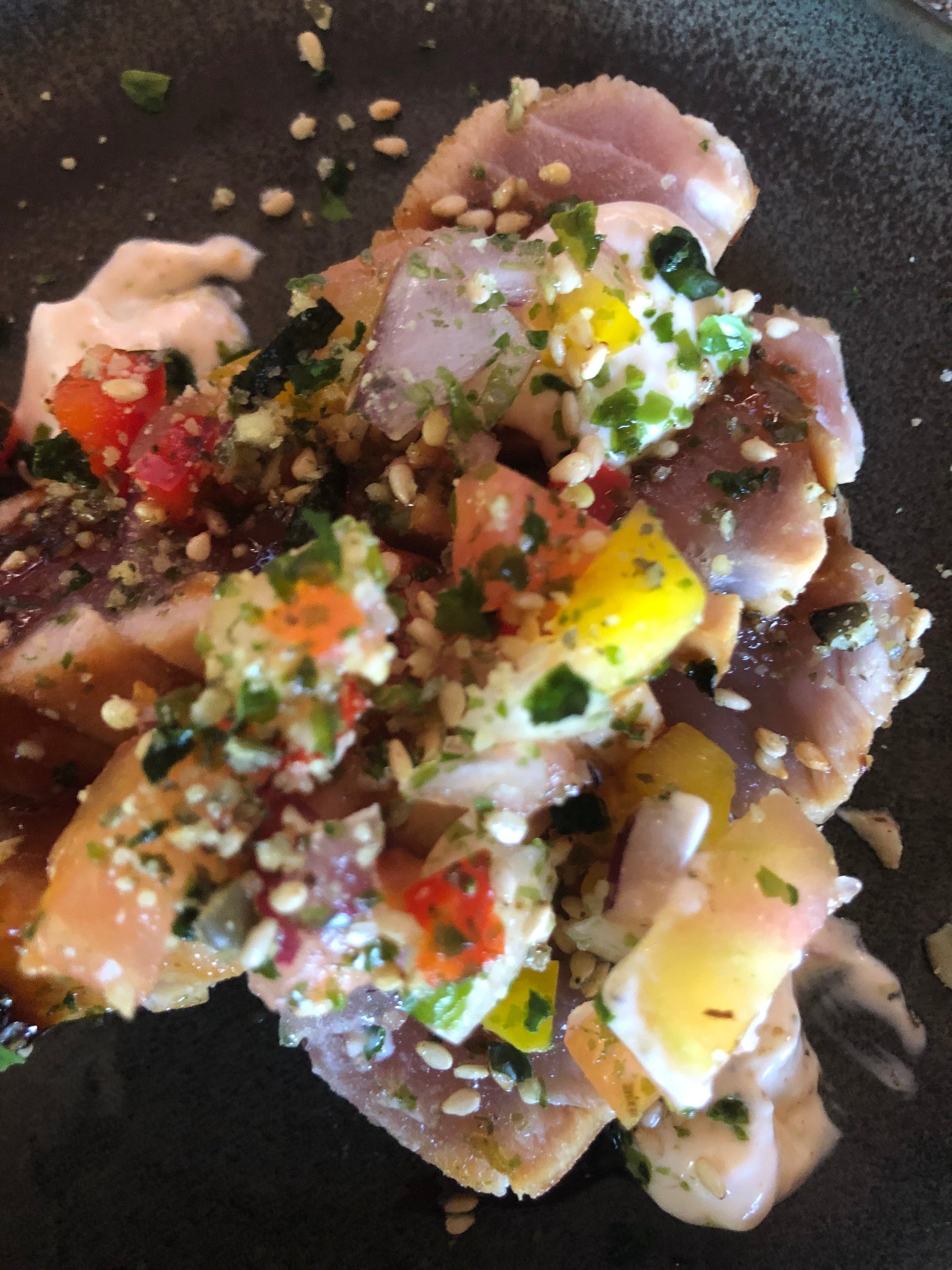As part of our journey in creating Isle de Nature, we've learned a lot about candles, beeswax and now, bees. We have started to establish hives in Dominica as well as The Berkshires, with mixed results. We're sharing our learning along the way as it may help anyone else thinking of taking up beekeeping. It may seem daunting, but getting started is not so tough (maintaining the hives can be a bit trickier, especially if you live in an area with mites or other pests):
1. There are seasons to beekeeping. Where we live, the best time to get your nuc is in the spring -- ideally April, so check on the seasonality of your bees where you live so you can plan out your set up. Many bee suppliers require you order your bees in advance.
2. You need some specific equipment including the hives and frames (typically two boxes plus a honey super), protective clothing, a hive tool, a smoker and in our case, an electric fence to keep the bears away. If you're going to extract honey or wax, you will also need a honey extractor, filter and a wax melter. Just about everything can be bought online. We like betterbee in Greenwich, NY but Amazon also has a robust selection. You also need some blocks or another way to keep your hives 6-8 inches off the ground.

3. Figure out where to put the hives. When we first started our hives, we had them closer to the house and unfortunately, we learned that when bees get thirsty, they will congregate around the pool. Not great for relaxing on a summer day. We are lucky to have enough land to be able to put them farther away, even if it's a bit less convenient in terms of checking on them. That makes for a happy household.
4. Ask the experts. One of the reasons we like betterbee is that they offer pro advice, not just sales. It helps to befriend a local beekeeper or two in your area as well. They will often be able to shortcut solutions -- and most are more than happy to answer your basic questions (of which we had many!) Such as what to feed the bees (and do you need to add pollen to their sugar water?) Many communities also have local beekeeping groups. We have the Northern Berkshire Beekeepers Association for example which has a Facebook page as well.
If you're interested in learning more, there are a lot of resources. Here are just a few:
Facebook Beekeeping for Beginners
Happy hiving!



